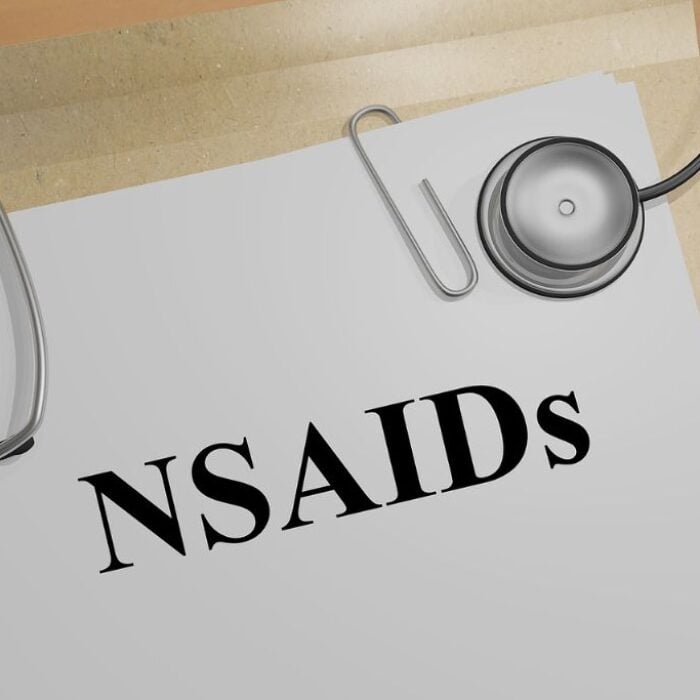BEVERLY HILLS, Calif.– An “abuse-proof” formulation of OxyContin may have helped reduce the number of patients abusing the drug, but Dr. Michael Lowenstein , medical director for WAISMANN METHOD ® opiate detoxification and treatment, is voicing alarm at recent data showing it may have consequentially resulted in a sharp increase in heroin and other opioid drug use.
“After the new abuse-resistant OxyContin was released, I expressed concerns that it could encourage patients to migrate to other, sometimes more dangerous opioid drugs,” said Dr. Lowenstein. “Two years later this fear has become a reality, as the New England Journal of Medicine reported a huge increase in high-potency prescription opioids while heroin use nearly doubled. Patient education is more important now than ever before, so we can work to actually help alleviate people of their addictions to opioids rather than replace one narcotic for another.”
The NEJM study scrutinized data from 2,566 patients with opioid dependence, and found that abuse of OxyContin as the primary drug decreased from 35.6 percent to 12.8 percent from July 1, 2009 to March 31, 2012. During the same time period, respondent figures showed a rise in use of opioids, like hydrocodone and oxycodone, and powerful opioids, like fentanyl and hydromorphone, which rose from 20.1 percent to 32.3 percent. Data collected from WAISMANN METHOD ® patients between January and December 2011 also showed similar trends. During this time, there was an 80 percent decrease in the number of patients treated for OxyContin dependency compared to those in 2010. At the same time, oxycodone patients treated at the facility went up by 35 percent.
According to the NEJM study, heroin was the most common opioid being used among the 66 percent who indicated they had switched after the abuse-resistant OxyContin was released. Qualitative responses from the study indicated many patients who switched to heroin did so because it was easier to obtain and more economical than prescription drugs. One participant said, “Most people that I know don’t use OxyContin to get high anymore. They have moved on to heroin [because] it is easier to use, much cheaper and easily available.”
“We want patients struggling with opioid addiction to know that there are true solutions, and that they don’t have to continue to put their lives in danger by using prescription painkillers or switching to illicit street drugs like heroin,” continued Dr. Lowenstein. “Abuse-resistant drugs are not the answer, and we in the medical community have a responsibility to do more for our patients so they can eventually live drug-free lives.”
For more information about WAISMANN METHOD ® treatment and detoxification please visit opiates.com.
About WAISMANN METHOD ® Treatment
WAISMANN METHOD ® opiate treatment and detox is a safe and proven protocol for opiate dependency that utilizes the most advanced medical and psychological techniques available. Together Michael H. Lowenstein M.D ., Clifford Bernstein M.D . and Clare Waismann, Registered Addiction Specialist (RAS) created a treatment protocol based on a foundation of safety, success and respect. Our detoxification and aftercare programs are customized to each patient’s individual needs and dependency history, combining the most advanced medical treatment with personalized assessment and aftercare. From rapid opiate detoxification under sedation, to medically assisted detoxification and managed care at Domus Retreat, our doctors, therapists and staff work with patients to create personalized treatment and aftercare plans that ensure a healthy and effective transition to life without opiates. WAISMANN METHOD ® patients achieve an extraordinarily high success rate because the treatment doesn’t take a cookie cutter approach to addressing opiate dependency. We always put treatment and care over blame and punishment. For more information, please visit opiates.com.














